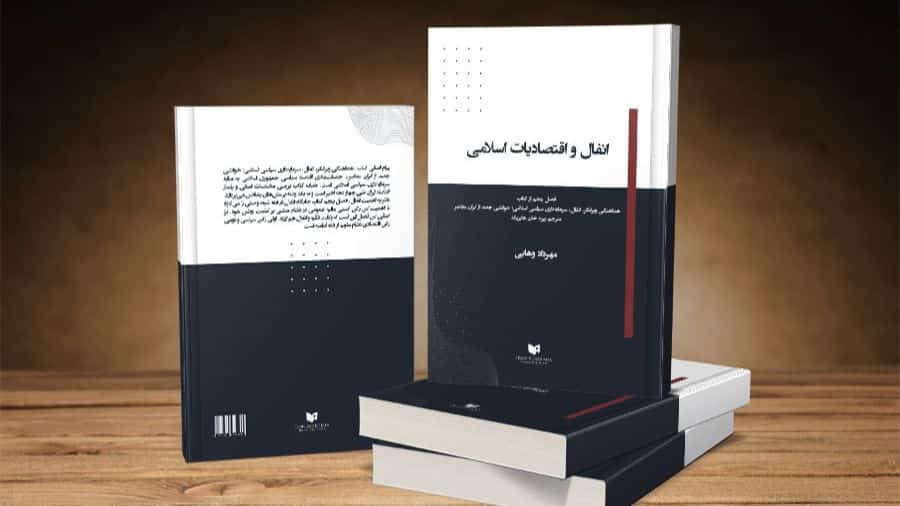Chapter 5 of the book:
“Destructive Coordination, Anfal and Islamic Political Capitalism: A New Reading of Contemporary Iran”
In this chapter, those elements of Islamic economics that enhance a confiscatory regime and are compatible with destructive coordination are explored. The choice of Islam in this study is closely related to the emergence of a critical social order in all regions affected by the rise of political Islam since the Iranian Revolution of 1979. It will be shown that Anfal in the Shi’i Islam justifies a confiscatory regime by dispossessing people from all ‘ownerless’ public properties (res nullius) and transferring them to the restrictive property of the Imam. The investigation starts by exploring the place of Anfal in Koran, the Prophet’s practice and contending interpretations of the Shi’i and Sunni theologians regarding its significance in the Islamic public finance. The relevance of this theoretical background will then be demonstrated in drafting and adopting the constitution of the Islamic Republic of Iran under Khomeini in 1979. While the Iranian post-revolutionary economy has never abandoned capitalist development, Velayat Faqih added a truly new economic element: Anfal or the Imam’s property over res nullius. This original Islamic public finance impedes the development of market capitalism but leads to a new variant of political capitalism, namely Islamic political capitalism.


